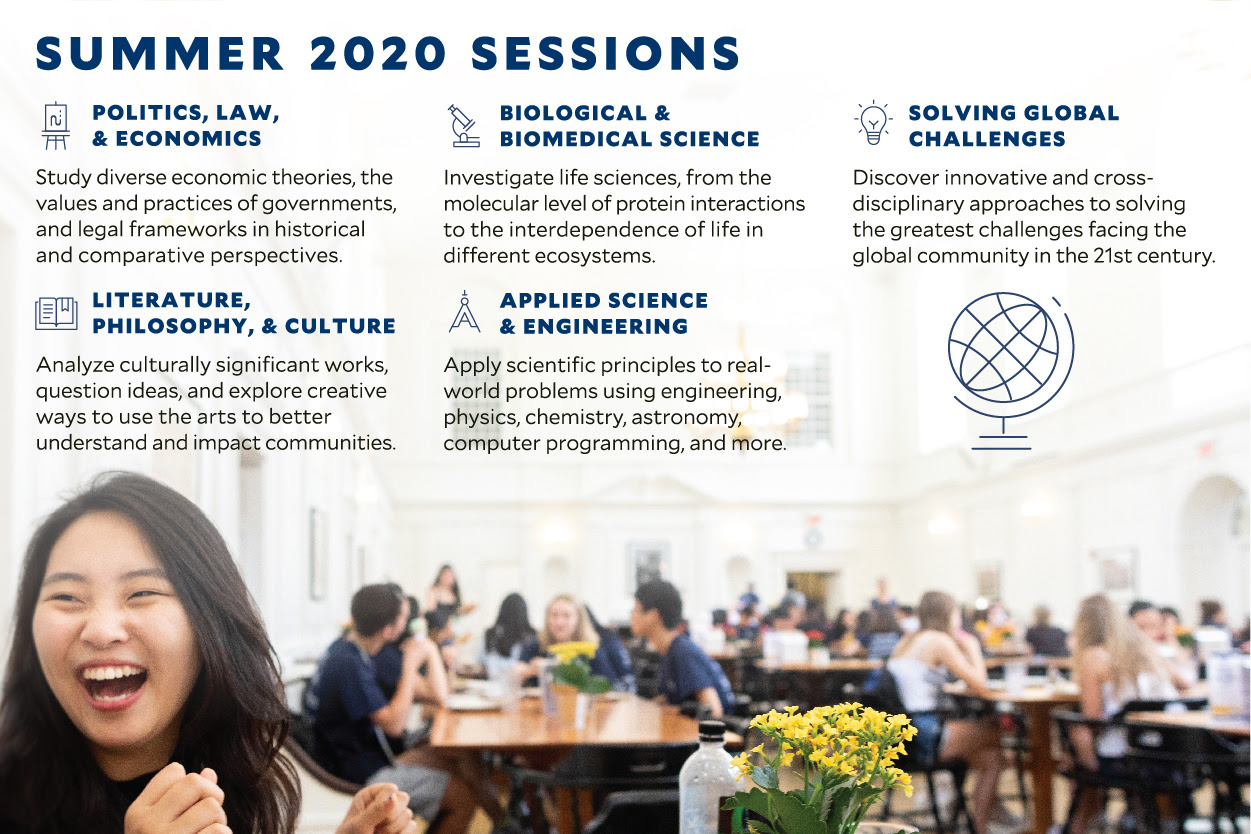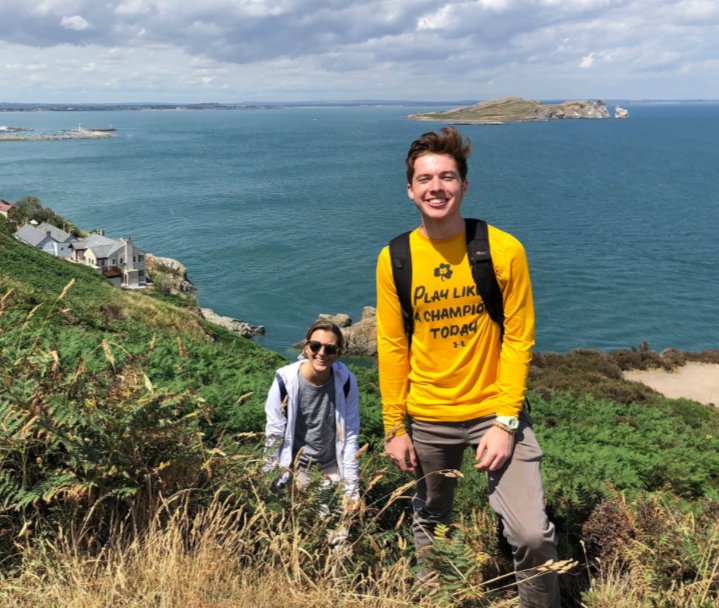Not all summer opportunities for high school students are created equal! Learn how to select pre-college programs or other summer activities that will help your chances of college admission.
#3. TASIS: The American School in Switzerland Summer Programs

Student taking part in TASIS summer program in Lugano, Switzerland
In 1956, M. Crist Fleming founded The American School in Switzerland, the first American boarding school in Europe, in order to apply the American independent school tradition to Europe. All these years later, the school has grown leaps and bounds, and other TASIS schools operate in England and Puerto Rico. TASIS’ summer course options in Switzerland really wow me.
Students pick one class from a diversity of options, which means that a diversity of students will be intermingling on this lovely southern Swiss campus for the duration of your stay. Class options offered recently include Intensive Italian, Fine Art Portfolio, Lean Startup Masterclass, Architecture & Design, and Fashion & Textile Design . My favorite option, however, is La Cucina Italiana: Italian Cooking, in which students learn to cook authentic Italian food after choosing ingredients at local Italian markets, touring Italian cheese and meat factories, practicing knife skills, and learning how to perfectly balance spices.
Why I love this program: As a former “undecided” student as I began my college career, TASIS’ diverse offerings speak to the undecided teen in all of us, and the overall program certainlys attract a diverse mix of summer students from all over the world. Students need more opportunities to simply try something new and meet peers with diverse interests, and TASIS’ Switzerland summer program certainly allows for that in a location that can’t be beat. If you can’t get inspired to learn more about yourself and the world around you while on TASIS’ Lugano campus, you can’t get inspired anywhere. Another upshot of this program is that all high school students, no matter their grade level, are able to take part.
Who it’s perfect for: Students taking part in this program should have the desire to immerse themselves in one course and maybe one sport (sports cost extra but include Milan Academy Scuola Calcio, Olimpia Milano Basketball, and Crossfit) in the unsurpassed setting that is Lugano, Switzerland, which is also a wonderful jumping off point for educational European excursions near and far. Students who are undecided on their path in college and beyond will find something to try at TASIS over the summer and have the chance to do so in an environment that seems almost too perfect and made for life-long memories. Students whose interests align with one of the course offerings are in the unique position to build upon this preexisting interest in the company of peers who may have very different academic and personal interests but who share an interest in spending time in the pre-Alps over the summer.
Learn More: Click here.
Alternative worth considering: TASIS also has intriguing summer options for high school students in England, France (see more below), and Puerto Rico.
 The Yale Young Global Scholars (YYGS) application is now open, and YYGS is now actively recruiting interested students in grades ten and eleven (or the international equivalent) from all around the world.
The Yale Young Global Scholars (YYGS) application is now open, and YYGS is now actively recruiting interested students in grades ten and eleven (or the international equivalent) from all around the world.

 A high school student’s personal wellness and college admissions prospects are best served when a student is being authentic. This is as true during the summer as it is during the school year. Sadly, many students don’t know where to begin when it comes to being authentic, no matter the time of year. In addition, many students suffer from the misconception that the most impressive extracurricular accomplishments in the eyes of admissions officers at highly selective colleges and universities are extracurricular activities that cost an arm and a leg. Nothing could be further from the truth. Let me use an example to make my point.
A high school student’s personal wellness and college admissions prospects are best served when a student is being authentic. This is as true during the summer as it is during the school year. Sadly, many students don’t know where to begin when it comes to being authentic, no matter the time of year. In addition, many students suffer from the misconception that the most impressive extracurricular accomplishments in the eyes of admissions officers at highly selective colleges and universities are extracurricular activities that cost an arm and a leg. Nothing could be further from the truth. Let me use an example to make my point. While colleges increasingly emphasize the value of “experiential” or “hands-on” learning within their own communities, high school students are discovering real benefits in setting aside time during their high school careers for internships or other out-of-classroom experiences. In fact, they are finding that internships provide amazing opportunities to gain significant work experience while exploring long-term career options.
While colleges increasingly emphasize the value of “experiential” or “hands-on” learning within their own communities, high school students are discovering real benefits in setting aside time during their high school careers for internships or other out-of-classroom experiences. In fact, they are finding that internships provide amazing opportunities to gain significant work experience while exploring long-term career options.
 For college-bound high school students, the months between junior and senior years are crucial for jump starting the application process.
For college-bound high school students, the months between junior and senior years are crucial for jump starting the application process.